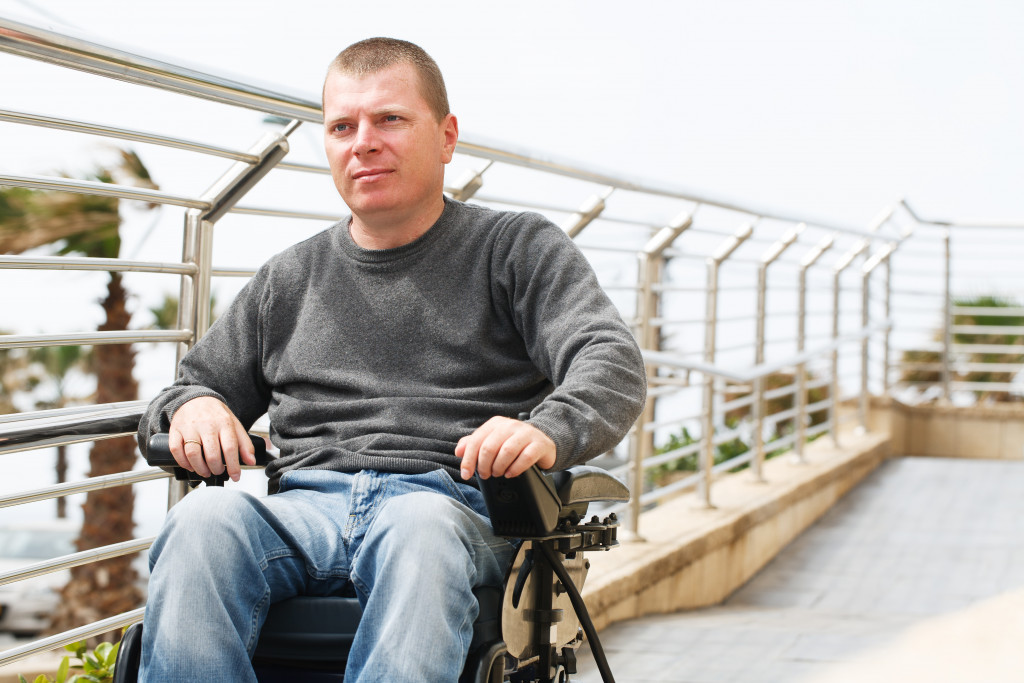- Accessibility in infrastructure, digital spaces, education, and employment is crucial for empowering the disabled community.
- Representation, benefits, and support systems enhance the autonomy and participation of disabled individuals in society.
- Legislative support ensures equal opportunities and protection for disabled individuals, promoting societal equality.
- Social support networks, community events, and peer mentoring programs foster connection and inclusivity.
- Public education and sensitization about disability issues promote understanding and breaking down barriers and misconceptions.
The disabled community often faces social and economic inequalities, which have marginalized them from mainstream society. With the rise of modern technology and an increased focus on inclusivity, there is an opportunity for the community to be integrated into society.
This blog post aims to guide how to empower the permanently disabled community by introducing measures to promote support, inclusion, and accessibility.

Promoting Accessibility
Promoting accessibility is the first step towards empowering the permanently disabled community. Accessibility can be enabled through various means, such as accessible designs on buildings, transport systems, and websites. Accessibility features such as wheelchair ramps, wider parking spaces, visual and tactile signs, and digital accessibility measures can make a tremendous difference in the lives of the disabled community.
Education and Employment
Promoting accessibility extends beyond physical structures and digital spaces. There must be efforts to make education and employment accessible as well. Accommodations such as flexible working hours, remote work possibilities, special educational programs, and assistive technology can significantly enhance the ability of disabled individuals to participate fully in work and learning environments.
Inclusive Policies
Additionally, companies and educational institutions should strive toward inclusive policies that foster an environment of equality and respect for all individuals. Accessibility, in essence, is about creating a society where everyone, regardless of their abilities, can participate and contribute meaningfully.
Empowering Disabled Individuals
Representation and empowerment of the disabled community are essential for building a more inclusive society. Encouraging disabled individuals to participate in community activities and programs can provide them with a sense of autonomy, responsibility, and accountability. Empowering disabled individuals also means bringing awareness to the disabled community’s challenges and creating support systems to address them.
Providing Benefits and Support
The government, private organizations, and individuals can contribute to empowering the disabled community by providing benefits and support. This can include financial aid, accessible housing options, transportation services, and mental health support. The community can also work with a reputable attorney specializing in Social Security disability benefits. The legal professional can help the community navigate the complex process of receiving benefits and protecting their rights.
Legislative Support
Legislative support is crucial in achieving empowerment and inclusion in the disabled community. Governments must implement measures that guarantee equal access to education, healthcare, and job opportunities. Legislation can also promote accessibility by creating accessible environments and infrastructure. Disability-inclusive policies and strategies create a conducive environment that values and recognizes the contributions of the disabled community.
Protection of Rights
A significant aspect of legislative support is the protection of the rights of the disabled community. Laws and policies should be implemented to safeguard these individuals from discrimination, exploitation, and abuse. These provisions can make a substantial difference in promoting social and economic equality for disabled individuals.
Social Support
The disabled community often feels isolated due to their differing circumstances. Creating social support networks that enable the community to connect and collaborate is essential. The disabled community’s social support can be promoted through various means, such as community events, peer mentoring, and emotional and psychological support. Regular meetings and group activities can provide a sense of belonging and foster long-term friendships.
Community Events
Organizing community events specific to the disabled community can be a great way to bring people together. These events could include workshops, seminars, and social gatherings focusing on disability and its challenges. Community events also allow individuals with disabilities to showcase their talents and skills, promoting inclusivity and breaking stereotypes.
Peer Mentoring
Peer mentoring programs can significantly impact the disabled community’s empowerment. These programs pair individuals with disabilities with mentors with similar experiences, providing them with support and guidance on navigating life’s challenges.

Education and Sensitization
Education and sensitization of the public on disability issues can break down barriers and misconceptions surrounding the disabled community. It is essential to educate and sensitize the public on the challenges and triumphs of disabled people. Schools, universities, and organizations can provide education and awareness on disability through programs, seminars, and other initiatives. Educating the community on disability issues can create a more inclusive society that values diversity and promotes equality.
Implementing Inclusive Curriculum
To further promote the cause of sensitization, an inclusive curriculum in educational institutions plays a pivotal role. This can include content that highlights the achievements and challenges of disabled individuals, fostering a culture of understanding and empathy among students. Such an approach can help to dispel preconceived notions and stereotypes, creating an environment that is truly accepting and inclusive.
Empowerment and inclusion of the disabled community are essential for building a more inclusive society. Promoting accessibility, empowering individuals, legislative support, social support, education, and sensitization are the fundamental measures to achieve this goal. Society must commit to breaking down the barriers that limit the potential of disabled individuals. Following these guidelines can create a brighter future for the disabled community that is supportive and inclusive.


